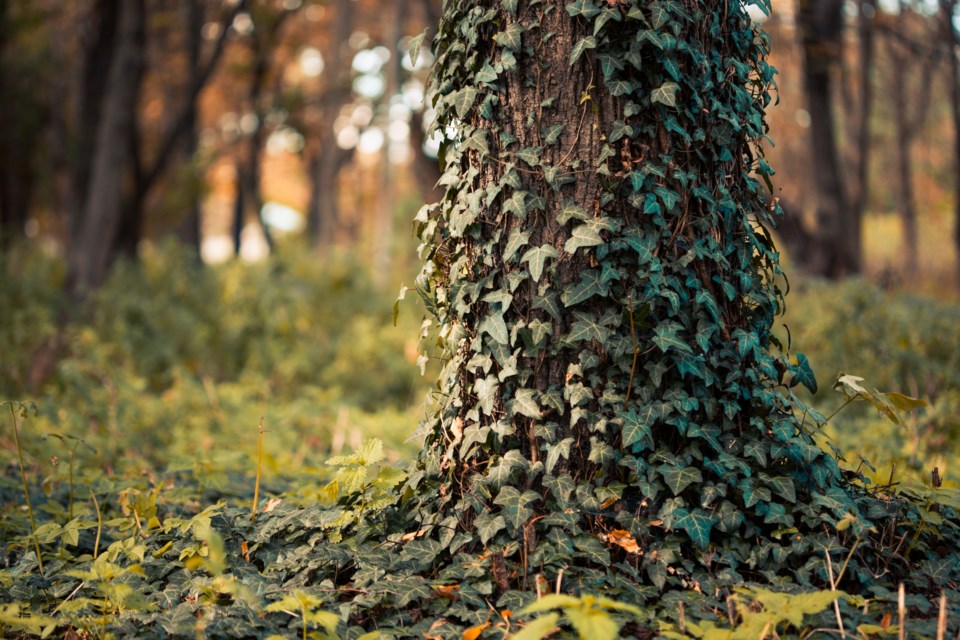Despite efforts by some General Assembly members, English ivy will live to creep another day all across the Old Dominion.
Gov. Youngkin has vetoed legislation from Del. Paul Krizek (D-Alexandria) that would have authorized, though not required, Virginia localities to prohibit the sale of the invasive plant by ordinance. Those found to be violating adopted regulations would have been subject to civil penalties of up to $200 per violation.
The measure passed both houses of the legislature along largely partisan lines, teeing up the likelihood of a veto from Republican Youngkin.
The governor rose to the occasion.
In his three-paragraph veto message, Youngkin called the effort to regulate invasive species “praiseworthy,” but was critical of singling out one species, as well as “the prospect of a patchwork of laws” that would require business owners and garden enthusiasts to navigate legal complexities.
“The most effective approach to addressing this issue is education and allowing the market to determine what is best for Virginians,” the governor said.
As its name implies, English ivy is an import, having been brought to the then-colonies from the mother country (England) in the 18th century. Its ornamental qualities have won it fans, but it’s a fast-mover that can do major damage to ecosystems and is banned in several states.
Before the April 8 deadline, Youngkin also took the equivalent of a weed-whacker to several other bills attempting to strengthen state regulation of invasive plants. His response? The measures conflate significantly invasive species with plants that have a low level of invasiveness, such as periwinkle and winter honeysuckle.
Among bills on the topic vetoed were ones patroned by state Sen. Saddam Salim (D-Vienna-Falls Church) and Del. Holly Seibold (D-Vienna-Tysons).
Instead of handing down edicts, the state government should “continue to educate consumers about invasive species and encourage them to seek alternatives,” Youngkin said.
Virginia is what’s known as a “Dillon Rule” state, where statutory authority is aggregated at the state level and must be formally delegated by the legislature to counties, cities and towns.



